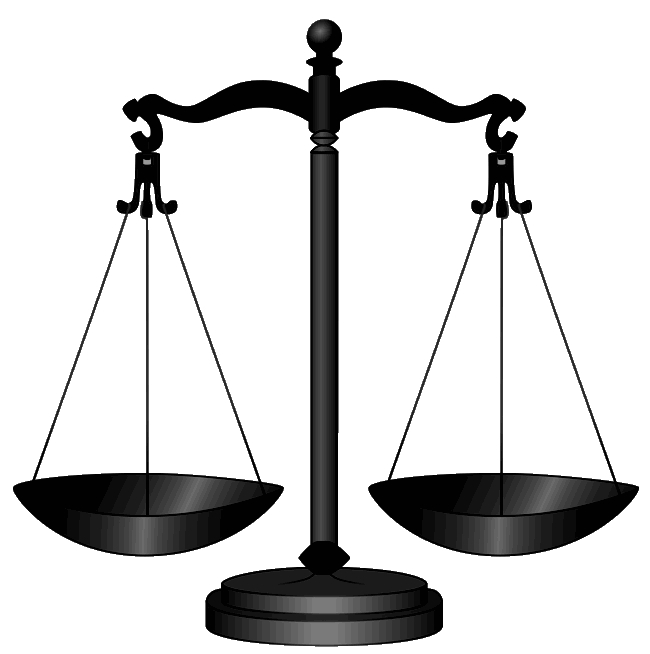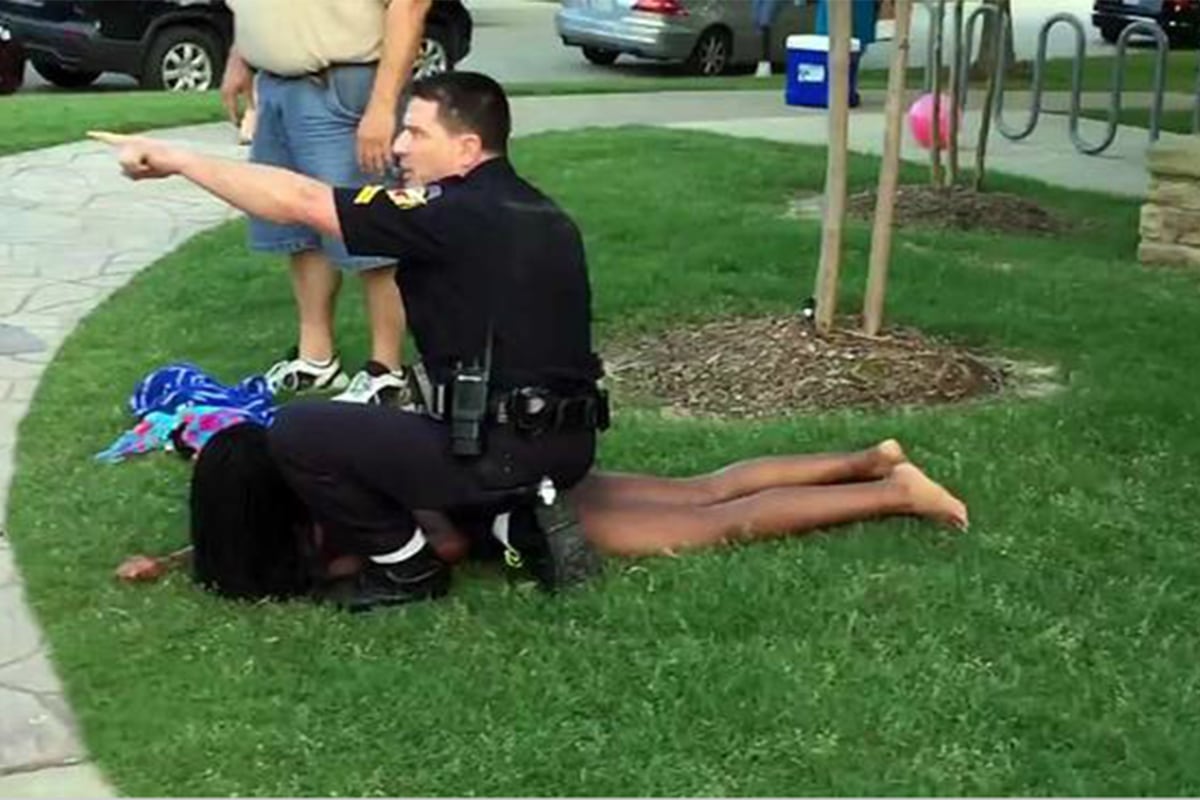A Rabbi on a Jury
(c) Rabbi Menachem Creditor
I was part of a jury that today convicted a man of attempted murder and three other related offenses. We found him guilty on all four counts and took away his liberty. The sentence will be be determined at a later date.
This man did terrible things. I believe the guilty verdict is the right one. I believe that the attorneys and police involved in this case did the right things and did them appropriately. I believe evidence was the basis for this difficult decision. I believe the judge was a responsible and sensitive steward of the justice system, educating us, instructing us, guiding us. This was a very serious criminal trial, and it was conducted with respect for the defendant and for all the involved parties. No person was detained in secret, and our trial system worked well.
What follows will not be an analysis of the criminal justice system, nor a set of recommendations. This short piece of writing will serve as a record of one rabbi's immediate experience after having sat on a criminal jury. I write these words only an hour after the verdict was read in court, and, presumably, there will be further need and reflection which might find its way into writing at some point. But for now:
How devastating this experience has been. How soul-searing to hear a child cry at his father's conviction, knowing that his father is likely now going to be in jail for decades. How intense the contrast between the shocking violence of the acts committed and their tedious, painstaking processing in court?
Without delving too much into the details of the case for now, one boy was beaten by another boy on a basketball court, and then the father of the beating victim plotted and attempted to kill the boy who had beaten his son. A few weeks later, the father waited in his parked car, and then used a baseball bat and a gun to try to kill the young man who beat his son. The boy he shot barely survived.
All involved people appeared in court. All of them are real people. All of them have voices and eyes. I sat, aching to see the glimmer of God in their eyes as we proceeded through court procedures. But, with the exception of lawyers speaking to witnesses, lawyers speaking to the jury, and the judge speaking to different people for specific reasons, no one met each other's eyes. The inter-human connectivity and meaning-making that pervades my everyday life as a rabbi was painfully absent in court.
And there we were, 12 American citizens of varying ages and backgrounds, ethnicities and political perspectives, sitting through 2 days of selections and 9 days of trial. For the most part, we knew nothing of the involved laws, and were forbidden from talking to each other about the case until deliberations would begin. I myself served as an "alternate," which means that I was not part of the deliberation process itself. Only once the 12 main jurors had reached a decision was I called back to resume our positions in court, as the verdicts were read. I didn't know what the decision was going to be.
And so I held my breath, watching the defendant hold his breath, as the judge reviewed the verdict papers, handed them to the clerk, who read them aloud. I saw the defendant finally scan the eyes of the jurors, rest on mine for a moment, as I was (it seemed) the only juror looking up. As soon as I saw him see me, as soon as I felt myself see him, I broke.
Yes, I believe guilt was determined. Yes, my assessment of the evidence lined up with the finding of the main jurors. Yes, I cherish our imperfectly implemented and nobly intended American system of justice that presumes the innocence of the accused, places the burden of proof on the prosecution, and entrusts determination of a verdict on a jury of the defendant's peers. Yes, yes, yes.
But.
This is so very sad. Beyond sad. My heart hurts so much. Once we were done, the jury stood in pain together. It is, as the prosecutor shared once trial was over, not a moment of popping a champagne bottle open. No one is happy. Justice has been served. But our broken society has also been revealed in terrible ways, yet again, ways to which I am rarely, if ever, exposed.
Sounds: That poor boy's loud crying in court just minutes ago, his open sobbing at his father's conviction. The tears of the defendant's family members. The sobbing of the victim's family, who were also present in the room. My own ragged breathing and heart's breaking and the tears of the juror to my right as we shuffled out of our seats upon being dismissed as jurors. The silence as we sat together in the windowless jury room, trying to face what we had just undertaken, to know that there would be no clean ending to this feeling, that the obligations of citizenship are hardly a light burden. The very grayness of the court building has its own sound, perhaps scarred by countless experiences like the one I've now shared.
There is one moment that will forever remain in me, part of a cacophony of painful raw memories chaotically screaming within my heart. I can barely even type it out. At one point during trial, a recording was played of the defendant's voice, taken after the shooting had occurred and the defendant had been arrested. On it, he expressed his hope that his son would now be safe from others, because now they'd know "that he had folks around him who love him." I heard in his voice a trembling conviction that his son needed him, that his crime was motivated by a sense of responsibility to protect his son. I offer no defense of the horrific things he did. I am profoundly reeling at the tribal warfare, the broken society, the common-ness of this occurrence.
(The DA is a member of my community, with whom I shared an eye-opening conversation immediately after verdict. We had been diligently avoiding each other throughout the duration of trial to not suggest inappropriateness. Once we could speak to each other, he shared how often the pattern involved in this case, of "violence in the name of love" crosses his desk. I have never appreciated the work of law enforcement so much. The imperfect system they implement, if my singular experience is any indication, can easily be described as potentially eroding of one's soul.)
So, sitting here in this empty, gray, space in the raw aftermath of this experience, hearing a child's inconsolable sobbing ring in my soul, remembering a father's professing of fierce love, seeing flash before me violent evidentiary images over and and over again, enduring the tedium of the justice process, witnessing the inability/unwillingness of young men to give honest testimony even when they themselves were the victims of the attack, feeling the broken-ness of society such that this violence is part of a larger observable pattern, trying to check my own implicit bias at the door, being both part of the jury and then not, seeing on my way out the door of the courthouse a "now serving" screen with entries that included family violence and many people involved, wondering where we are as a county, as a state, as a country....
...I write a first draft of my own inner process. Upheaval, hurt, awareness. I wonder what the way forward for us might be. Justice is not a delightful experience. It will always be some kind of slog to achieve. But the underlying issues are calling.
A child's vulnerability and a father's love, in another circumstance, would be part of a radically different story-line...
But I'm not in my bubbled life today, nor have I lived there for the last few weeks. I return tomorrow. How will my eyes have been changed by this? Will I remember what I've seen? What have I learned? What can I do?




